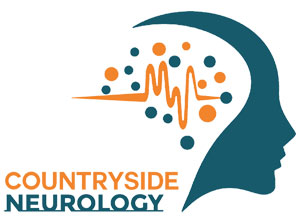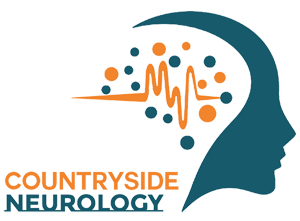In recent years, vaping and the use of e-cigarettes have surged in popularity, especially among younger demographics. Marketed as a safer alternative to traditional smoking, e-cigarettes are often perceived as a harmless habit. However, emerging research suggests significant impacts on brain health, particularly concerning when considering the vulnerable developing brains of adolescents and young adults.
Understanding the Mechanics: How Vaping Affects the Brain
E-cigarettes work by heating a liquid that usually contains nicotine, flavorings, and other chemicals to create an aerosol, which the user inhales. Nicotine, the primary agent in both traditional cigarettes and most e-cigarettes, is a potent neurotoxin with known harmful effects on the brain.
- Addiction Potential: Nicotine alters the balance of chemicals in the brain, including dopamine. This alteration not only leads to addiction but can also interfere with brain maturation in youths. Studies indicate that early exposure to nicotine can lead to lasting cognitive and behavioral impairments, including reduced impulse control and mood disorders.
- Neurological Development in Youths: The brain continues to develop until about age 25, and nicotine exposure from e-cigarettes can lead to changes in the brain’s structure and function, particularly in areas responsible for attention, learning, and susceptibility to other drugs.
- Impact on Cognitive Functions: For adults, the use of e-cigarettes can lead to neurological issues such as decreased cognitive function, difficulty in concentrating, and an increased risk of neurological disorders.
Health Beyond the Brain: Systemic Effects
While the neurological impacts are profound, the systemic effects also warrant attention. Vaping can affect respiratory health, potentially leading to a condition known as “e-cigarette or vaping product use-associated lung injury” (EVALI). Additionally, e-cigarettes can contain harmful substances like diacetyl, a chemical linked to serious lung disease, and heavy metals leached from the heating coils of the vape device.
TMS Therapy: A Revolutionary Approach to Addiction Treatment at Countryside Neurology
At Countryside Neurology, we not only focus on the prevention and education of vaping’s effects but also offer innovative treatments for those already affected. One such treatment is Transcranial Magnetic Stimulation (TMS) therapy, a non-invasive procedure that has shown promising results in treating various forms of addiction, including nicotine dependence. TMS therapy works by targeting specific areas of the brain associated with addictive behavior, potentially reducing cravings and easing the withdrawal process.
Countryside Neurology: Your Partner in Neurological and Overall Health
Located in the heart of the Greater Tampa Bay area, Countryside Neurology is committed to advancing your neurological health with comprehensive care and up-to-date medical advice. If you or someone you know is struggling with the effects of nicotine or any other neurological concerns, don’t hesitate to reach out. Our expert team, led by seasoned neurologists, is here to provide the support and care needed to navigate these challenges effectively.
Take the first step towards better brain health. Call us today at 727-712-1567 for a consultation and learn more about our TMS therapy options. Join the Countryside Neurology family—your brain deserves the best care.





